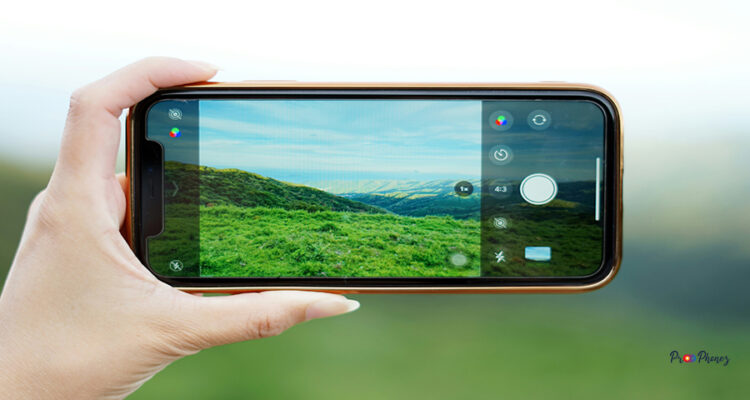Samsung & iPhone: Price, Features, and More! Comparing Price Points
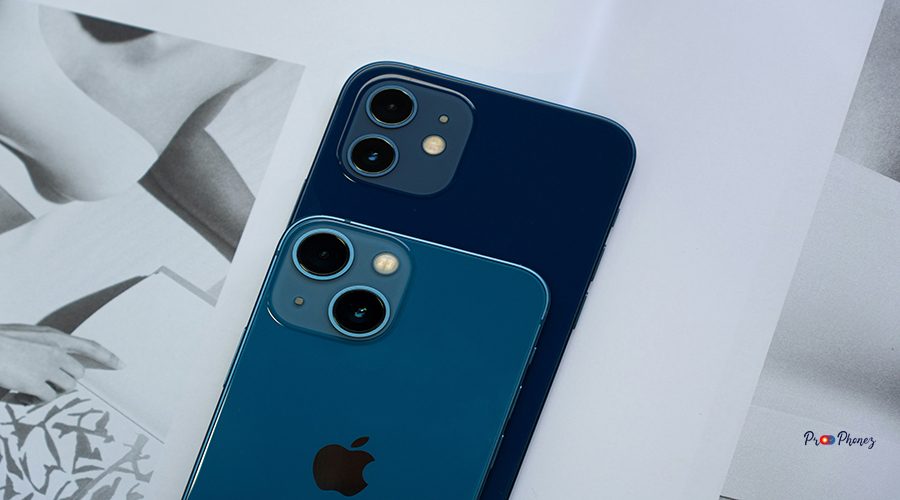
When evaluating Samsung iPhone devices, comparison of price is often the first consideration. Samsung offers a broad spectrum, from budget-friendly Galaxy A-series to premium Galaxy S and Z lines. iPhones, while generally positioned at the higher end, maintain consistent pricing across generations, with older models remaining available at reduced rates. This tiered approach by both brands ensures options for every budget, but Samsung’s wider range provides more flexibility for cost-conscious consumers.
Key Features Breakdown

Both brands push the boundaries of innovation. Samsung’s flagship models boast dynamic AMOLED displays, high refresh rates, and versatile camera systems. iPhones are renowned for their seamless integration of hardware and software, industry-leading processors, and advanced camera features like Deep Fusion and Photonic Engine. While Samsung often leads in display technology and customization, iPhones excel in ecosystem synergy and long-term software support.
User Experience: A Closer Look

User experience is shaped by more than specs. Samsung’s One UI offers deep customization, multitasking features, and compatibility with a vast array of Android apps. iOS, on the other hand, is celebrated for its intuitive interface, smooth animations, and robust privacy controls. Ultimately, the choice hinges on personal preference: those who value flexibility may prefer Samsung, while those seeking simplicity and reliability often gravitate toward iPhone, unless they switch to explore new options.
Pros and Cons of Each Brand
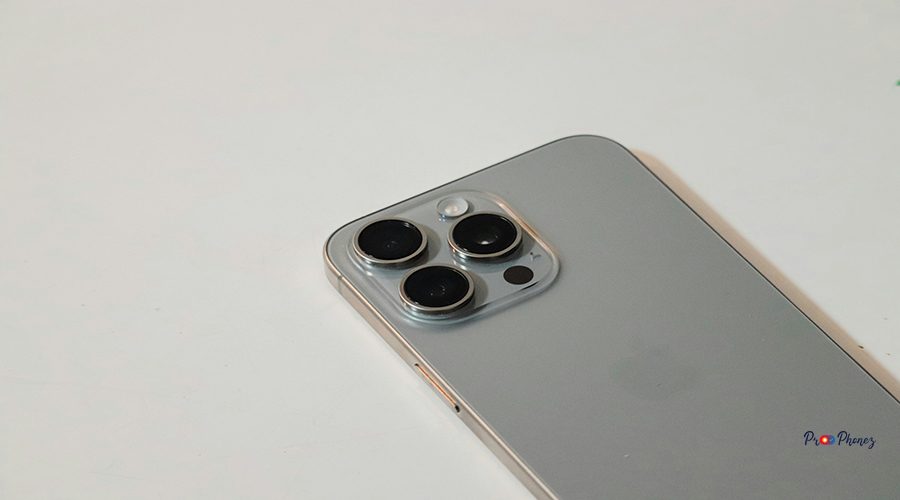
Samsung Pros:
- Greater device variety and price points
- Leading-edge display and camera hardware
- Highly customizable software
Samsung Cons:
- Software updates can be slower on non-flagship models
- Pre-installed apps may clutter the experience
iPhone Pros:
- Unmatched software longevity and updates
- Superior app ecosystem and integration
- Consistent performance across devices
iPhone Cons:
- Higher entry price
- Less customization compared to Android
Future Innovations in Smartphones

Both brands are investing heavily in the future. Samsung is pioneering foldable technology and AI-powered features, while Apple is focusing on augmented reality, custom silicon, and sustainability. Expect smarter cameras, more immersive displays, and deeper ecosystem integration as both brands shape the next era of mobile technology.
Comparing Smartphone Price Points
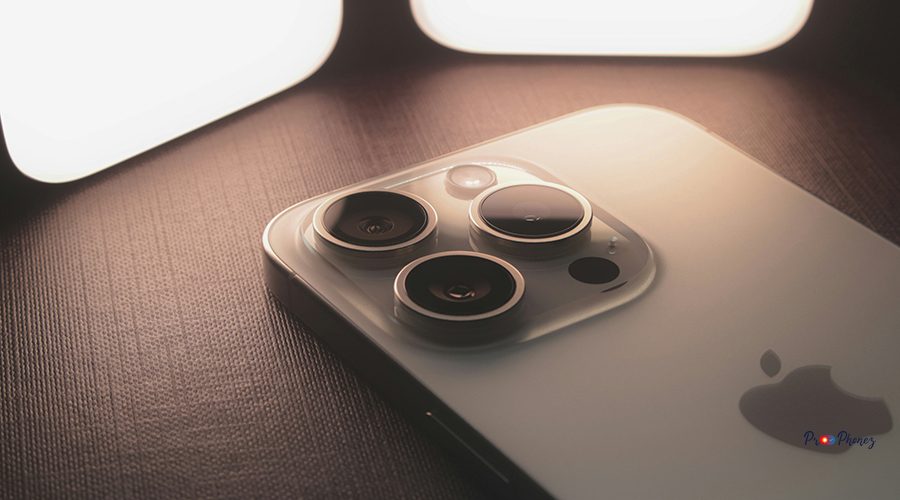
Samsung’s Galaxy A, S, and Z series span a wide price range, from affordable to ultra-premium. iPhones, while starting higher, retain value longer and offer trade-in programs. For budget shoppers, Samsung provides more entry-level options, but iPhones deliver strong resale value and long-term support.
Key Features of Leading Models

Samsung’s Galaxy S and Z lines feature high-refresh-rate displays, S Pen support, and advanced multitasking. iPhones lead with the A-series chips, MagSafe accessories, and cinematic video modes. Both brands offer water resistance, wireless charging, and robust security features.
User Experience: Interface and Usability
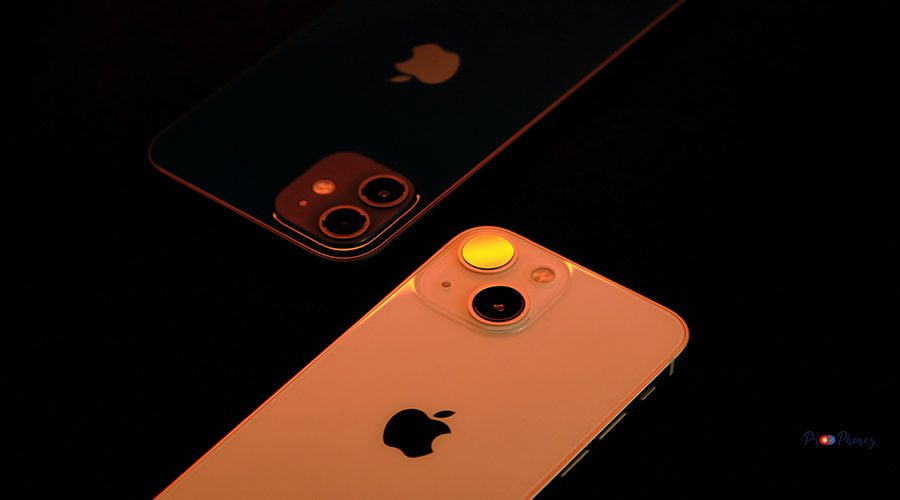
Samsung’s One UI is feature-rich, supporting split-screen multitasking and extensive customization. iOS is lauded for its ease of use, accessibility features, and consistent updates. Both interfaces are polished, but cater to different user philosophies: open and customizable versus streamlined and cohesive.
Performance: Speed and Efficiency
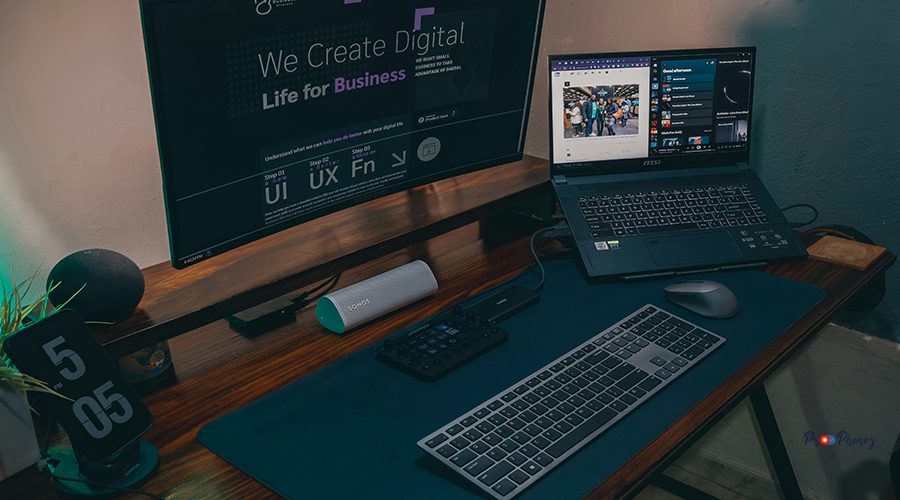
Samsung’s latest Exynos and Snapdragon processors deliver top-tier performance, especially in gaming and multitasking. Apple’s A-series chips consistently outperform competitors in benchmarks and real-world use, ensuring smooth operation for years. Both brands offer 5G connectivity and efficient power management.
Verdict: Which Offers More Value?

Value depends on priorities. Samsung excels in variety and innovation, offering something for every user. iPhones shine in longevity, ecosystem, and resale value. For those seeking the latest tech at various price points, Samsung is compelling. For users prioritizing longevity and seamless integration, iPhone stands out.
Comparing Flagship Prices
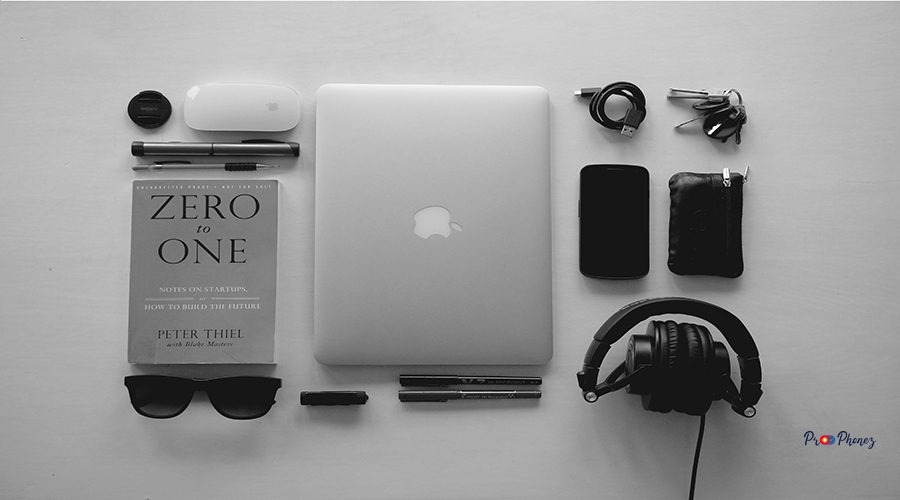
Samsung’s Galaxy S and Z Fold/Flip series compete directly with iPhone Pro and Pro Max models. While initial prices are similar, Samsung devices often see quicker price drops and promotions. iPhones maintain higher resale values, making them a better long-term investment for some.
Feature Showdown: Which Reigns Superior?
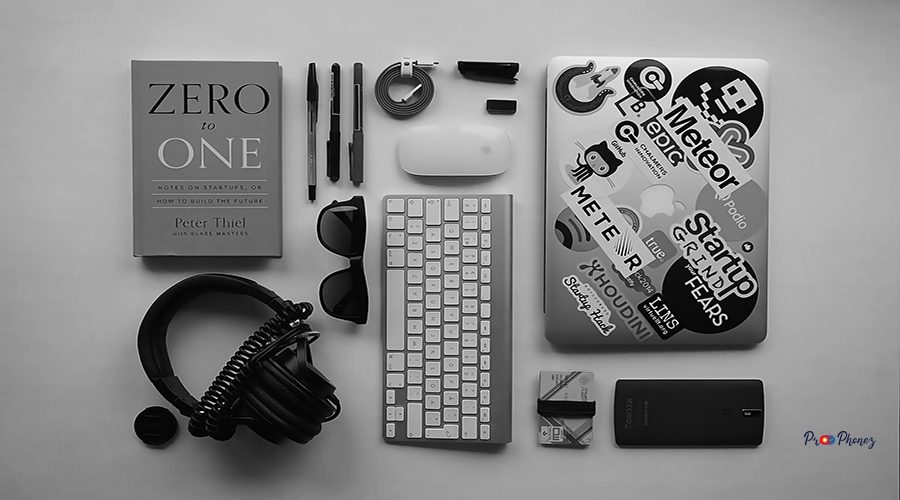
Samsung’s flagships lead in display technology, multitasking, and camera versatility. iPhones dominate in processor speed, video recording, and ecosystem integration. Both brands offer unique features—Samsung’s S Pen and foldables, Apple’s Face ID and MagSafe—making the “superior” choice subjective.
Design and Display Insights
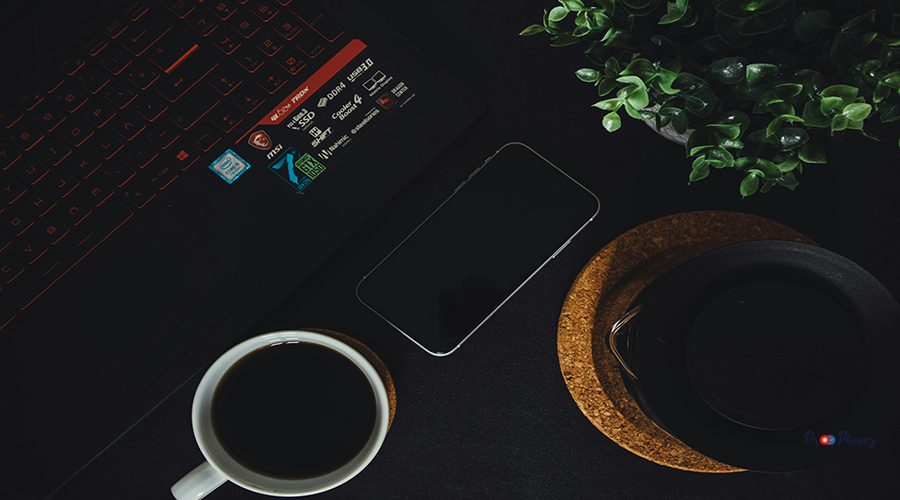
Samsung is renowned for bold designs, curved displays, and innovative form factors like foldables. iPhones emphasize premium materials, minimalist aesthetics, and color consistency. Both brands deliver stunning OLED displays, but Samsung often pushes boundaries with higher refresh rates and edge-to-edge screens.
Performance and Battery Life
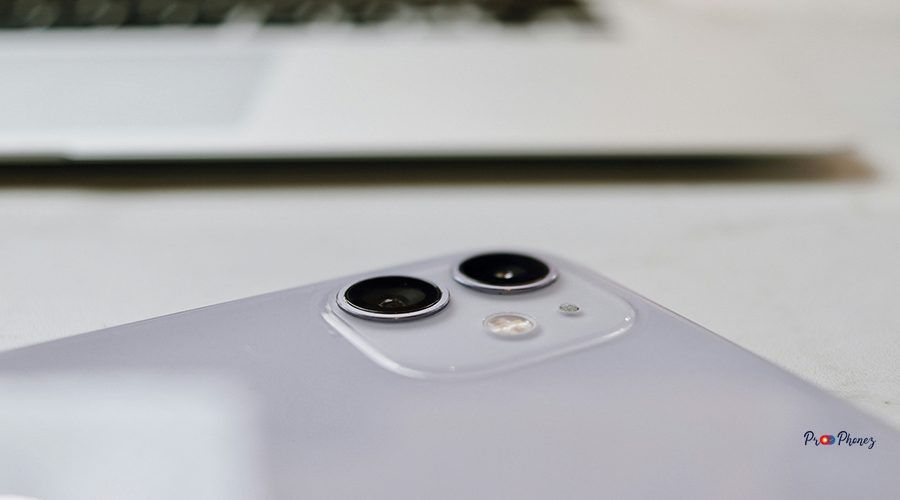
Both brands deliver all-day battery life in their flagships, with fast and wireless charging. Samsung often includes larger batteries and faster charging speeds, while iPhones optimize battery longevity through efficient hardware-software integration. Performance is stellar on both, with iPhones holding a slight edge in sustained speed.
Future Trends in Mobile Technology

Expect more AI-driven features, sustainable materials, and immersive AR experiences. Samsung is advancing foldable and rollable displays, while Apple is rumored to be developing AR glasses and further custom silicon. Both brands are committed to pushing the envelope in mobile innovation.
Comparing Top Models: Which Offers Greater Value?
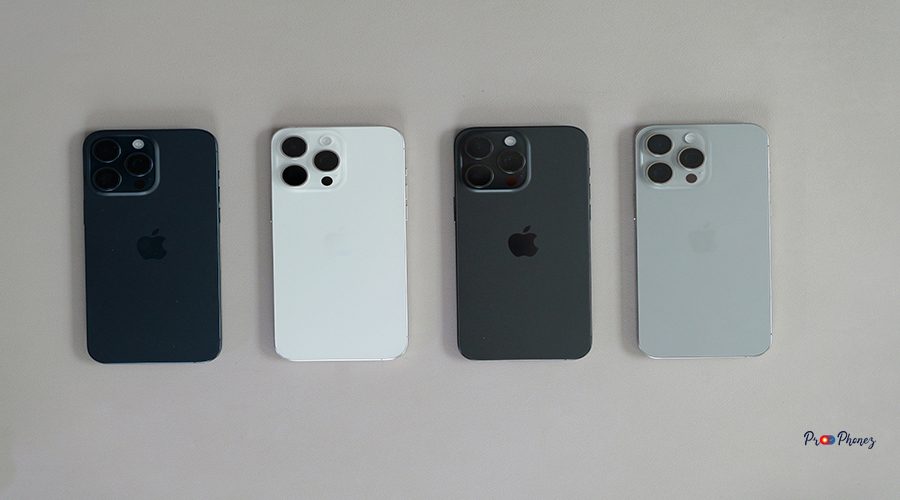
Samsung’s Galaxy S Ultra and iPhone Pro Max are top contenders. Samsung offers more hardware features per dollar, while iPhones provide unmatched software support and ecosystem value. The best value depends on whether you prioritize cutting-edge hardware or long-term reliability.
Key Features That Set Them Apart
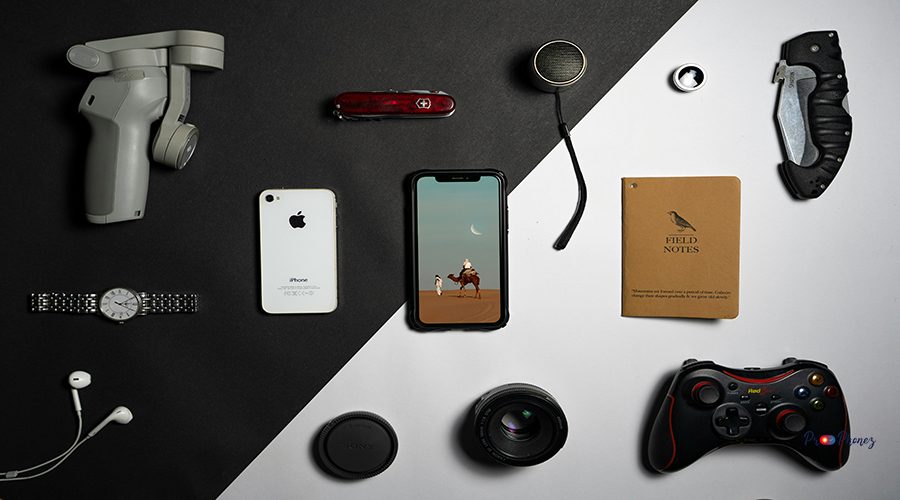
Samsung’s S Pen, DeX desktop mode, and foldable screens are unique differentiators. iPhones stand out with Face ID, seamless device integration, and industry-leading video capabilities. Each brand’s flagship offers exclusive features that cater to different user needs.
Discover Their Unique Ecosystems
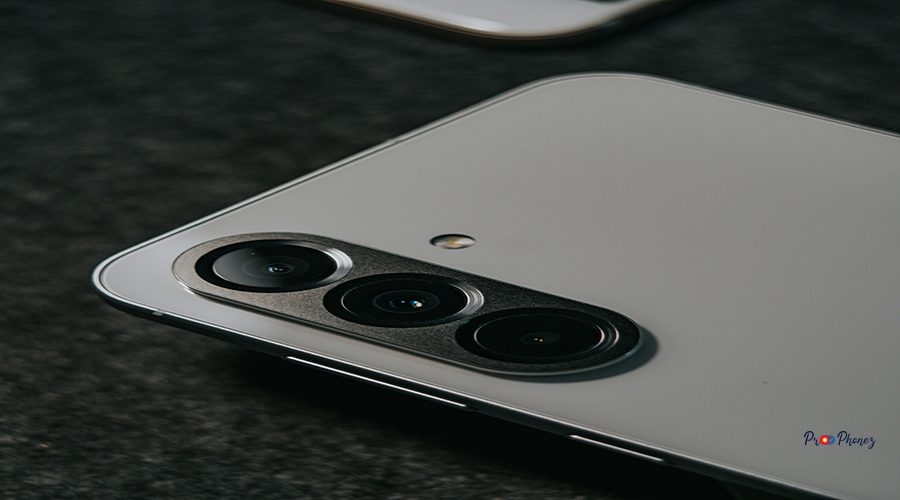
Samsung’s ecosystem includes Galaxy Buds, Watches, and SmartThings integration, offering flexibility across platforms. Apple’s ecosystem is tightly integrated, with AirPods, Apple Watch, and HomeKit providing a seamless experience. Both ecosystems enhance productivity and convenience, but Apple’s is more unified.
Understanding Cost Differences
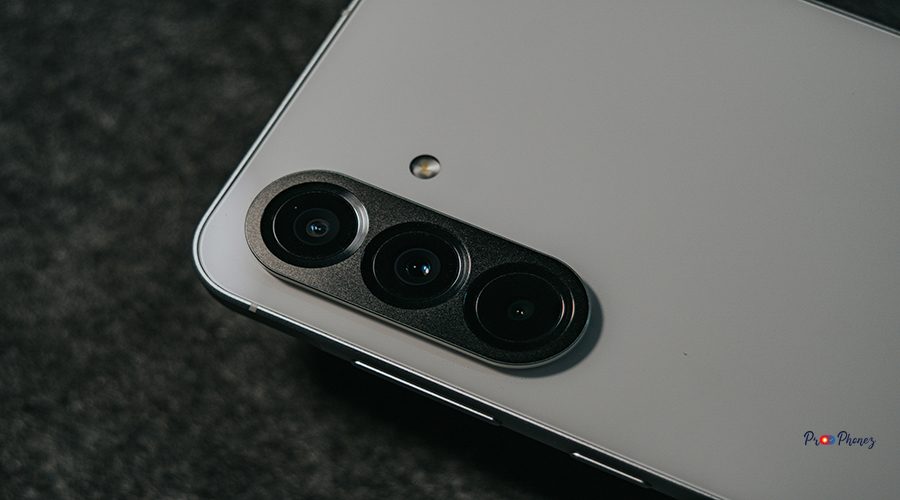
Samsung’s wider range leads to more frequent discounts and promotions. iPhones retain value longer, making them cost-effective over time. Consider total cost of ownership, including resale value, software updates, accessory compatibility, and comparison when comparing.
User Preferences: What Influences Choice?
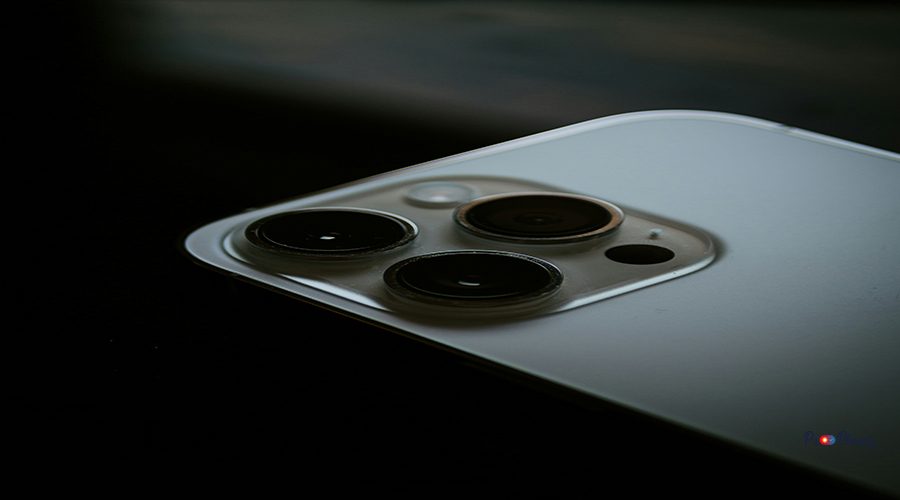
Brand loyalty, ecosystem investment, and personal priorities—such as camera quality, customization, or software updates—play major roles. Some users prefer Samsung’s innovation and flexibility, while others value Apple’s reliability and cohesive experience.
Comparing Price Points
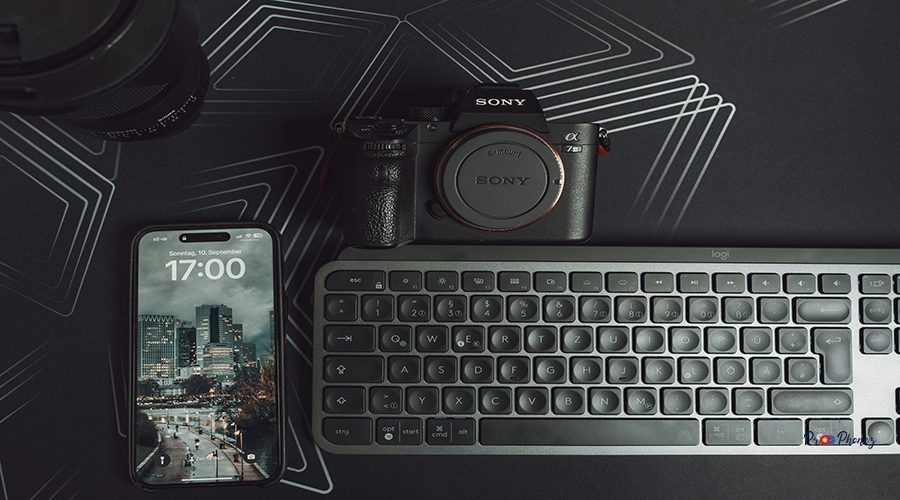
Samsung’s diverse lineup offers entry-level to ultra-premium options. iPhones start at a higher price but deliver consistent quality and support. Both brands offer financing and trade-in programs to make flagship devices more accessible.
Key Features Analysis
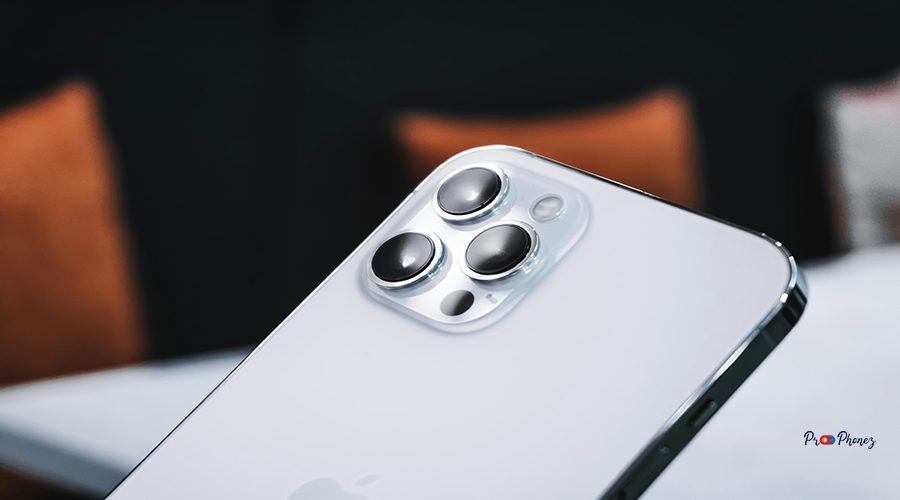
Samsung leads in display innovation, multitasking, and hardware variety. iPhones excel in processor performance, software updates, and privacy features. Both brands offer water resistance, wireless charging, and advanced biometrics.
Software and User Experience
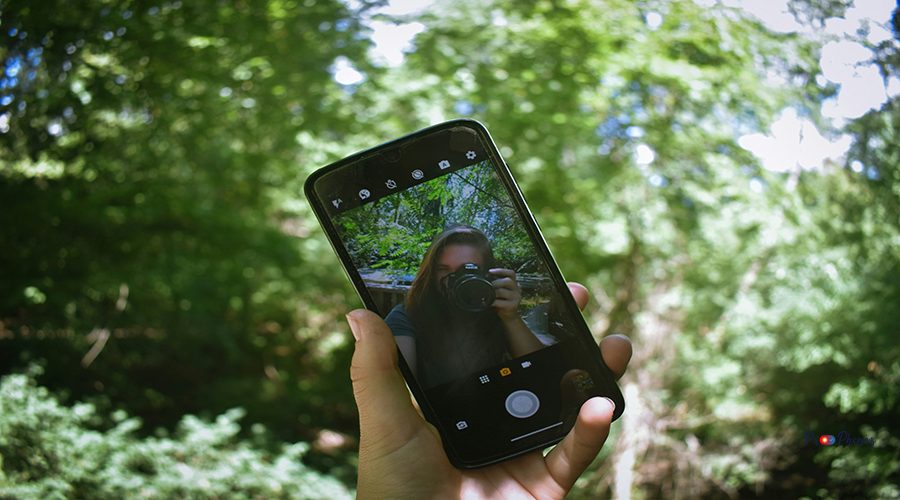
Samsung’s One UI is customizable and feature-rich, while iOS is intuitive and secure. Both platforms offer robust app ecosystems, but iOS is often first to receive new apps and updates. The choice comes down to customization versus simplicity.
Design and Build Quality
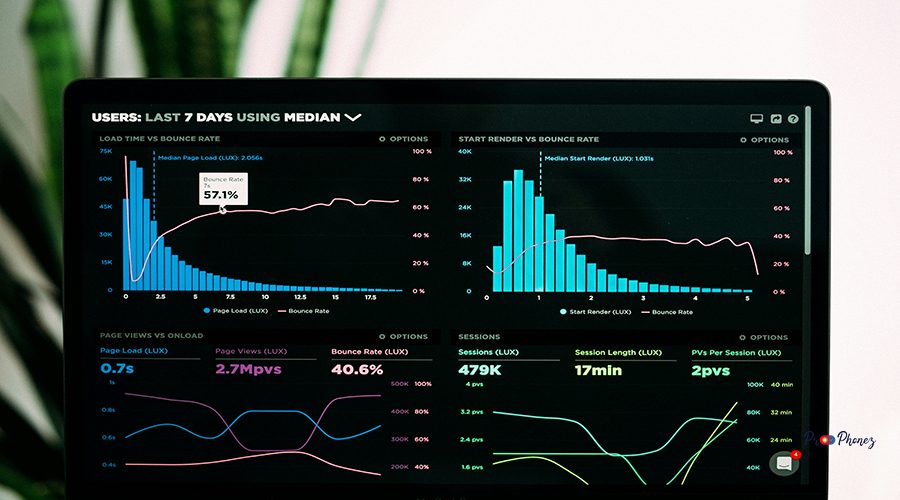
Samsung experiments with bold designs and materials, including foldables and glass backs, and offers the ability to switch between different form factors seamlessly. iPhones focus on precision engineering, durability, and timeless aesthetics. Both brands set industry standards for build quality.
Market Trends and Future Outlook
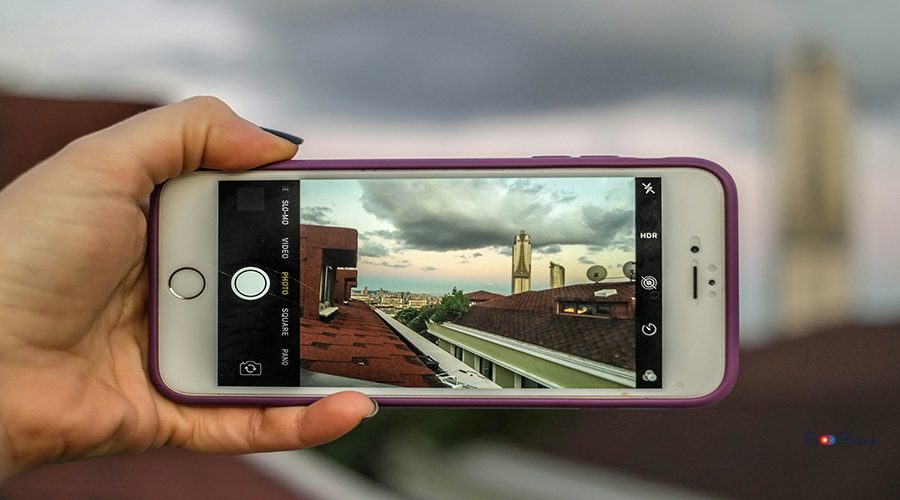
The smartphone market is moving toward AI integration, sustainability, and new form factors. Samsung and Apple are at the forefront, driving trends that will define the next decade of mobile technology.
Comparing Smartphone Prices: Which Offers Better Value?
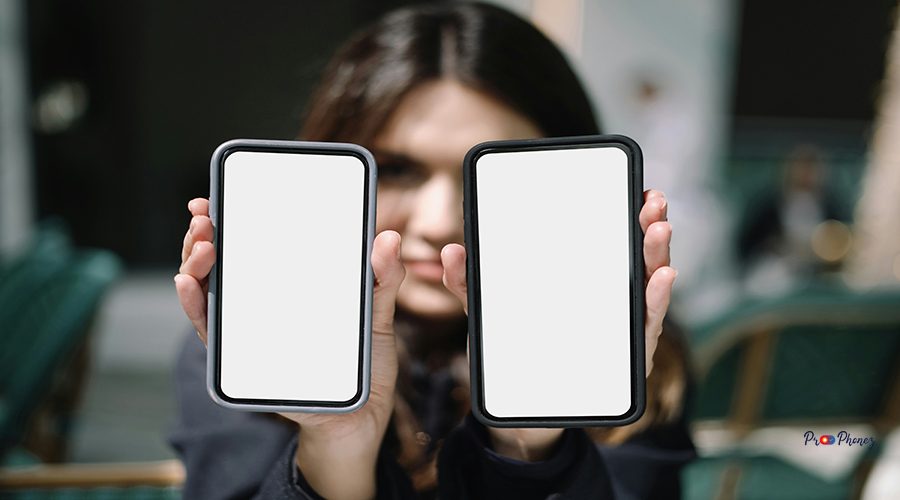
Samsung’s frequent promotions and diverse lineup make it easier to find a device at any price point. iPhones hold their value longer, offering better resale opportunities. Both brands provide excellent value, but the best choice depends on your upgrade cycle and budget.
Key Features: What Sets These Brands Apart

Samsung’s innovation in displays, cameras, and form factors sets it apart. iPhones lead in software optimization, privacy, and ecosystem integration. Both brands offer standout features, but cater to different user priorities.
User Experience: Navigating the Interface
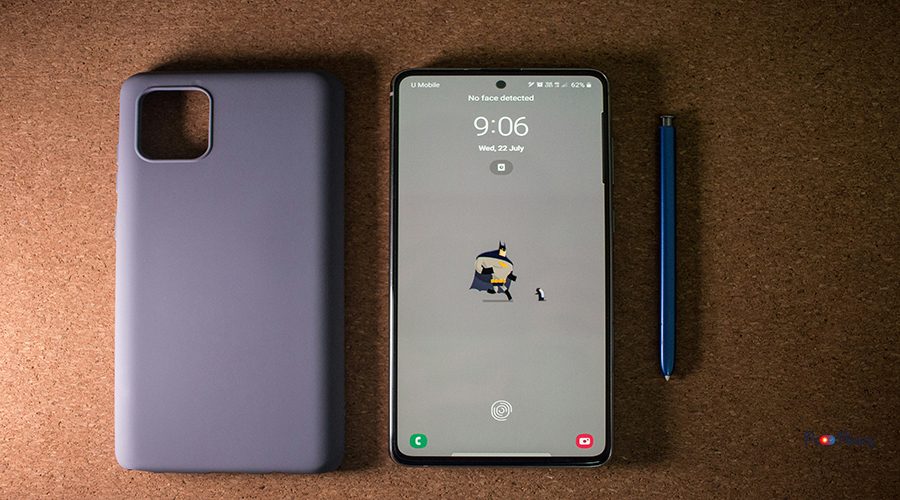
Samsung’s One UI offers deep customization and multitasking. iOS is streamlined, intuitive, and consistent across devices. Both interfaces are user-friendly, but appeal to different preferences.
Camera Quality: Capturing the Best Moments
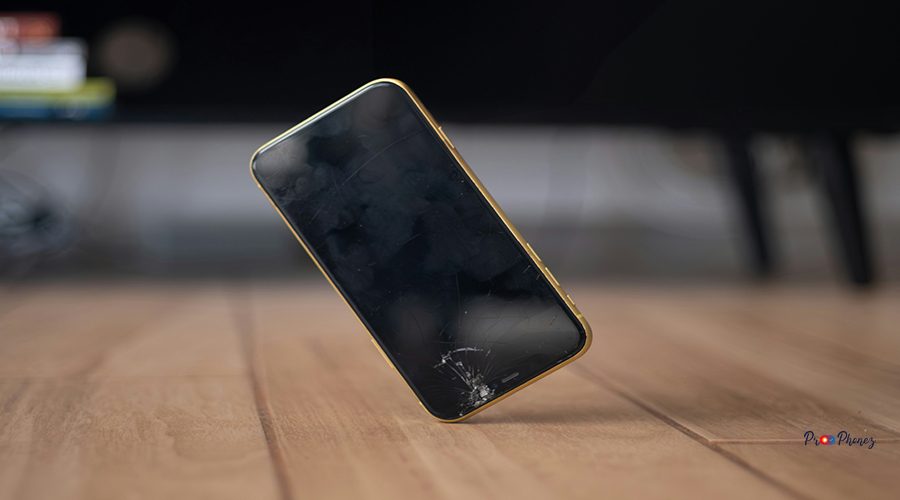
Samsung’s multi-lens systems excel in versatility and zoom. iPhones deliver natural colours, superior video, and computational photography. Both brands are leaders in mobile photography, with differences coming down to personal style.
Battery Life: How Long Do They Really Last?

Samsung often includes larger batteries and faster charging. iPhones optimize battery life through efficient hardware-software synergy. Both offer all-day performance, with differences depending on usage patterns.
Comparing Costs: Which Device Offers Better Value?
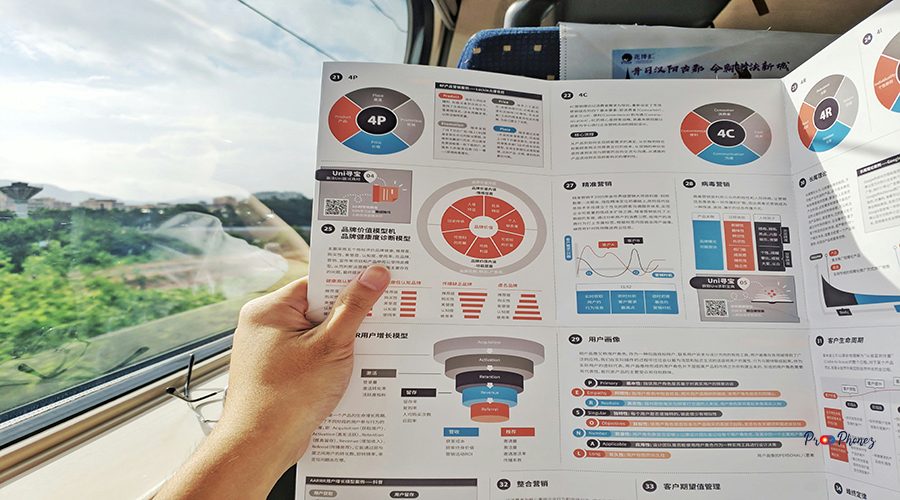
Samsung’s frequent discounts and variety make it easier to find a device that fits your budget. iPhones, while pricier upfront, offer better long-term value through software support and resale. Consider your upgrade habits and total cost of ownership.
Key Features That Set These Phones Apart

Samsung’s S Pen, foldable displays, and DeX mode are unique. iPhones stand out with Face ID, MagSafe, and seamless device integration. Each brand offers features that cater to different user needs.
Operating Systems: A Look at iOS vs. Android

iOS is known for security, simplicity, and timely updates. Android (with Samsung’s One UI) offers customization, flexibility, and a wider range of device options. Both systems are mature and powerful, with the choice depending on user preference.
How Camera Technologies Influence Your Choice

Samsung’s cameras excel in versatility, low-light, and zoom. iPhones offer natural colour reproduction, cinematic video, and advanced computational photography. Both brands are at the cutting edge, with differences in style and approach.
Customer Satisfaction: User Reviews and Ratings
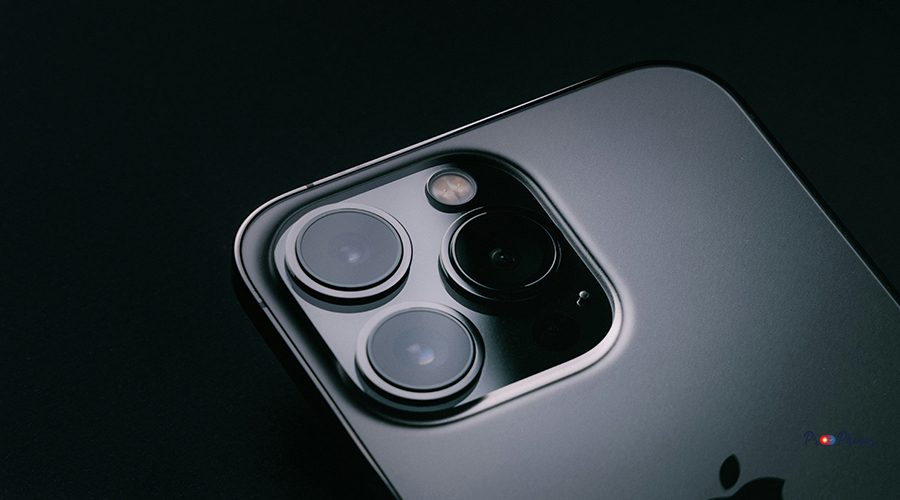
Both brands receive high marks for satisfaction, with iPhones often praised for reliability and Samsung for innovation. User reviews highlight the strengths and weaknesses of each, helping new buyers make informed decisions.
Comparing Costs: Which Device Offers Better Value?
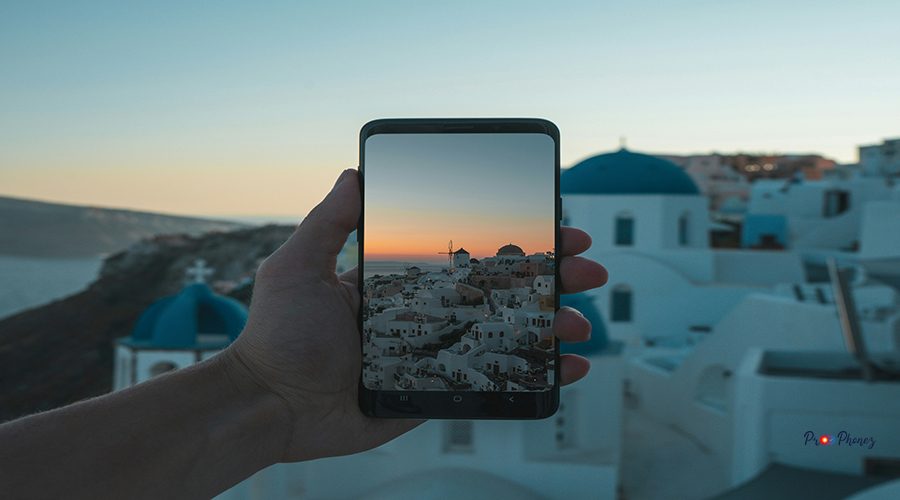
Samsung’s pricing flexibility and frequent deals make it attractive for budget-conscious buyers. iPhones, with their strong resale value and long-term support, offer excellent value over time. The best choice depends on your priorities, upgrade cycle, and comparison of features.
Key Specifications: A Feature-to-Feature Analysis

Samsung’s flagships offer high-refresh-rate displays, expandable storage (in some models), and versatile cameras. iPhones deliver industry-leading processors, secure Face ID, and consistent performance. Both brands are feature-rich, with unique strengths.
Design and Display: What Makes These Phones Stand Out?
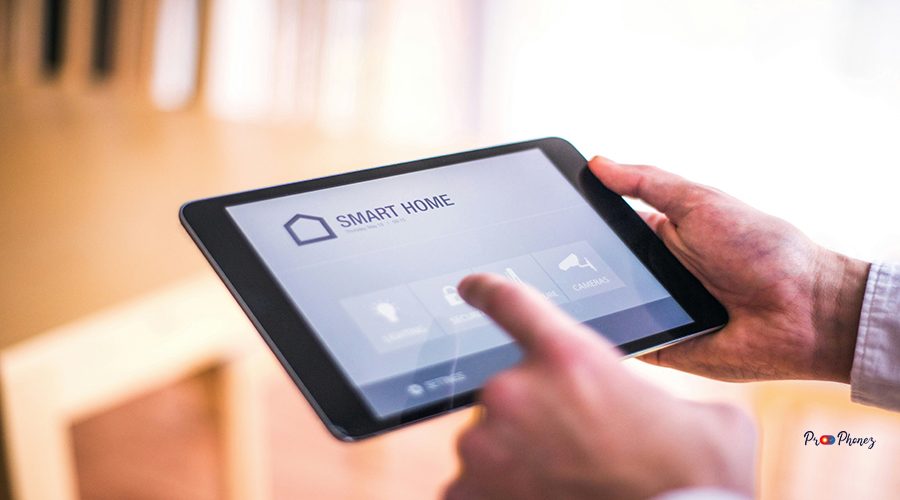
Samsung pushes boundaries with curved, foldable, and edge-to-edge displays. iPhones focus on refined materials, symmetry, and durability. Both brands set trends in smartphone design.
Performance and Functionality: A Closer Look
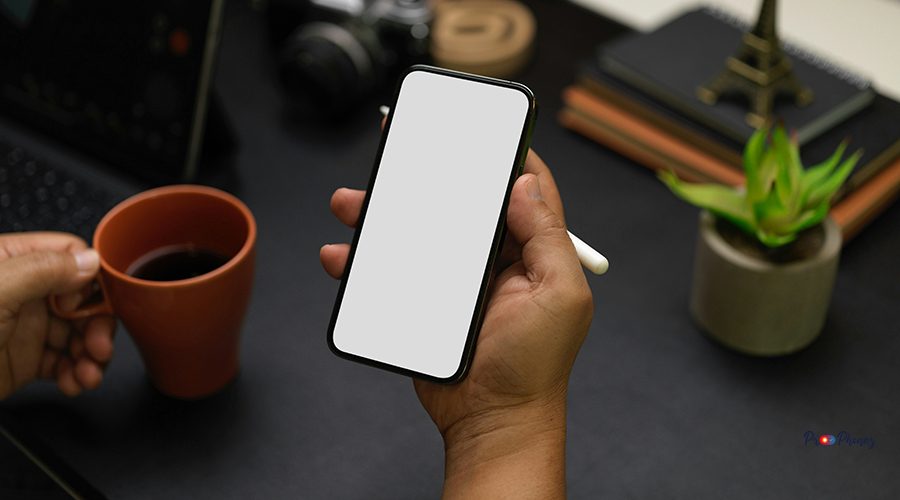
Samsung’s latest Exynos and Snapdragon chips deliver powerful multitasking and gaming. Apple’s A-series chips lead in efficiency and speed. Both brands offer smooth, responsive experiences, with differences in ecosystem integration.
User Experience and Customer Reviews: The Final Verdict

User feedback consistently praises iPhones for reliability and Samsung for innovation. Both brands have loyal followings, with satisfaction driven by personal preference and ecosystem investment.
Comparing Costs: Is It Worth It?

Samsung’s range ensures there’s a device for every budget, while iPhones offer consistent quality and long-term value. Consider total cost of ownership, including resale and software support, when making your decision.
Key Features That Make a Difference
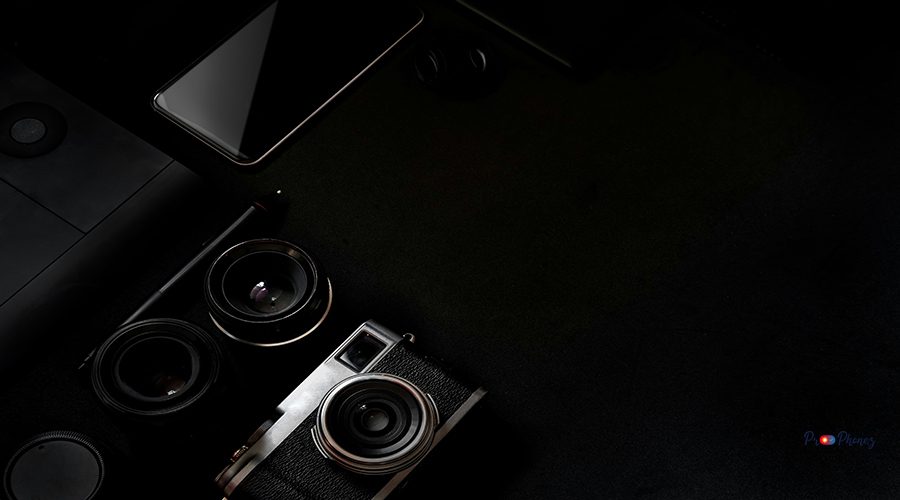
Samsung’s S Pen, foldables, and multitasking features stand out. iPhones excel in privacy, app quality, and ecosystem integration. Each brand offers unique advantages.
Ecosystem and Compatibility Insights

Samsung’s ecosystem is broad and flexible, integrating with many platforms. Apple’s ecosystem is tightly integrated, offering seamless transitions between devices. Both enhance productivity and convenience.
User Experience: What Really Matters?

Ultimately, user experience is shaped by interface, reliability, and the ability to switch ecosystems. Samsung offers customization and innovation; iPhones deliver consistency and ease of use. The best choice is the one that aligns with your needs.
Future Trends and Innovations
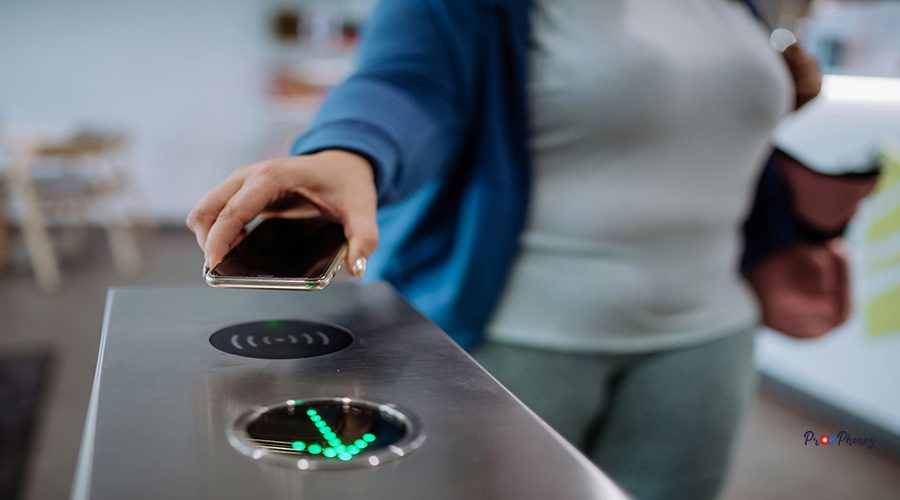
Expect more AI, sustainability, and new form factors. Both brands are investing in AR, smarter cameras, and eco-friendly materials, shaping the future of mobile technology.
Comparing Flagship Prices
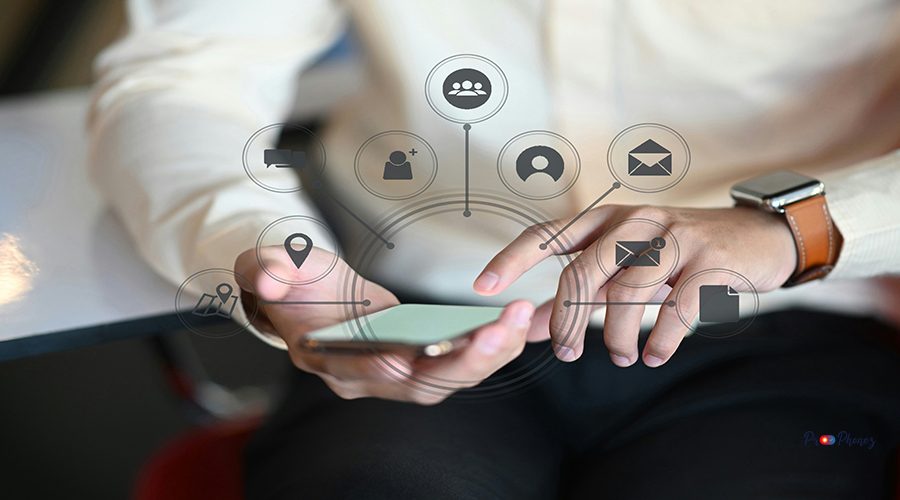
Samsung’s Galaxy S Ultra and Z Fold/Flip compete with iPhone Pro models. While prices are similar at launch, Samsung devices often see faster discounts. iPhones retain value longer, making them a strong investment.
Top Features of Leading Models

Samsung’s flagships offer high-refresh-rate displays, S Pen, and advanced cameras. iPhones lead with A-series chips, MagSafe, and cinematic video. Both brands deliver premium experiences.
Performance and Battery Life Uncovered
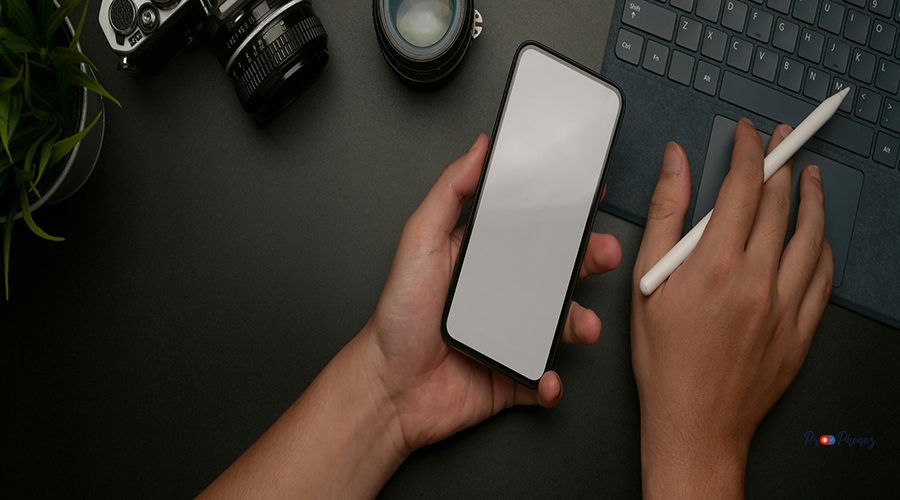
Samsung offers larger batteries and faster charging. iPhones optimize battery life through efficient hardware. Both provide all-day use, with performance tailored to user needs.
User Experience: What Sets Them Apart?
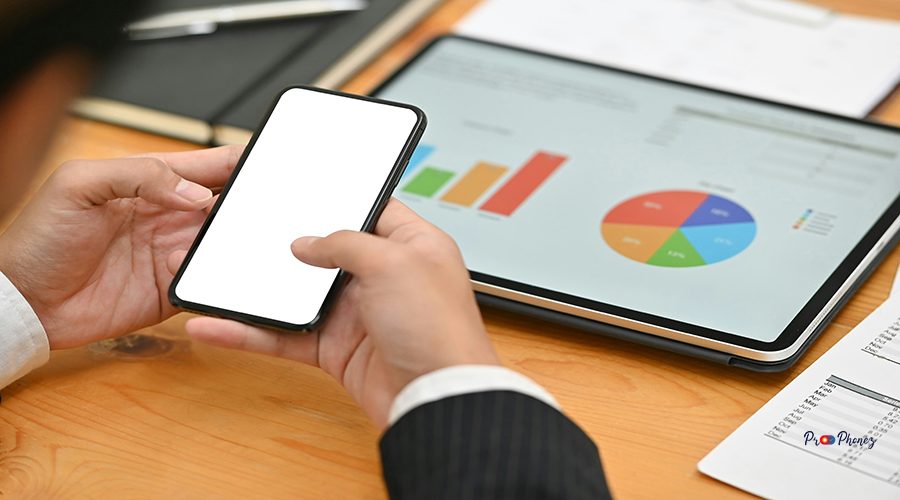
Samsung’s customization and multitasking appeal to power users. iPhones offer simplicity, reliability, and seamless integration. Both deliver exceptional experiences, with differences in approach.
Making Your Choice: Factors to Consider

Consider price, features, ecosystem, and personal preference. Both brands offer outstanding devices—choose the one that best fits your lifestyle and priorities.
Comparing Flagship Models

Samsung’s Galaxy S Ultra and Z Fold/Flip are direct rivals to iPhone Pro and Pro Max. Both offer cutting-edge technology, with differences in design, features, and ecosystem.
Price Differences: What to Expect

Samsung’s flagships often launch at similar prices to iPhones but see quicker discounts. iPhones maintain higher resale value, offsetting the initial investment over time.
Key Features of Each Brand

Samsung leads in display innovation, multitasking, and hardware variety. iPhones excel in processor speed, software updates, and ecosystem integration. Both brands offer unique strengths.
User Experience and Satisfaction
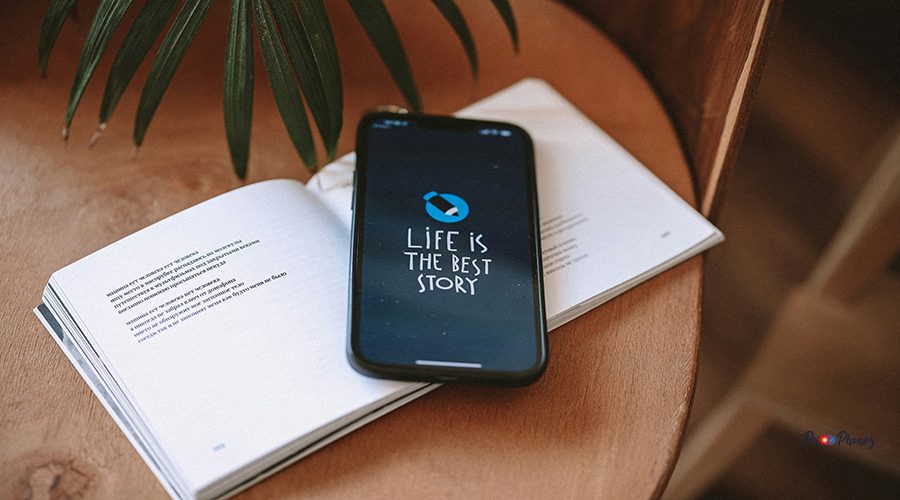
Both brands receive high satisfaction ratings, with iPhones praised for reliability and Samsung for innovation. User experience is shaped by interface, ecosystem, and personal preference.
Making the Right Choice for You
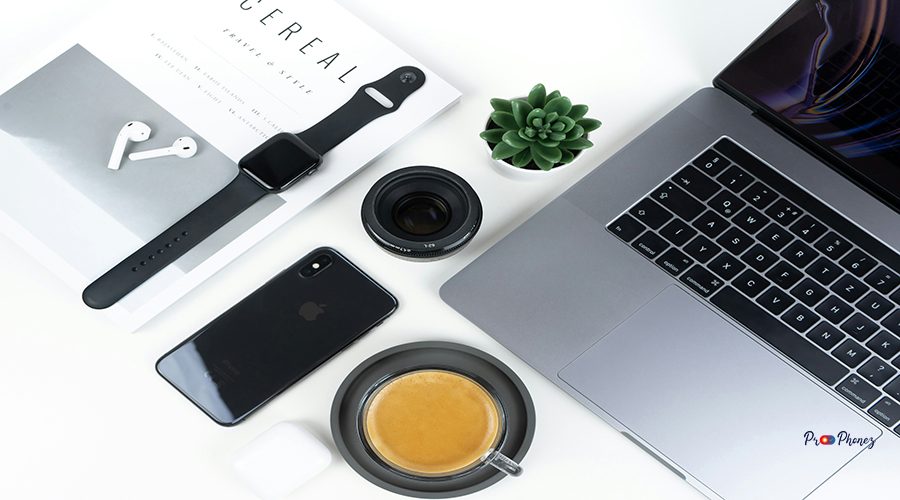
The best smartphone is the one that fits your needs, budget, and ecosystem preferences. Both Samsung and iPhone offer exceptional devices—choose confidently, knowing you’re getting the best in mobile technology.

